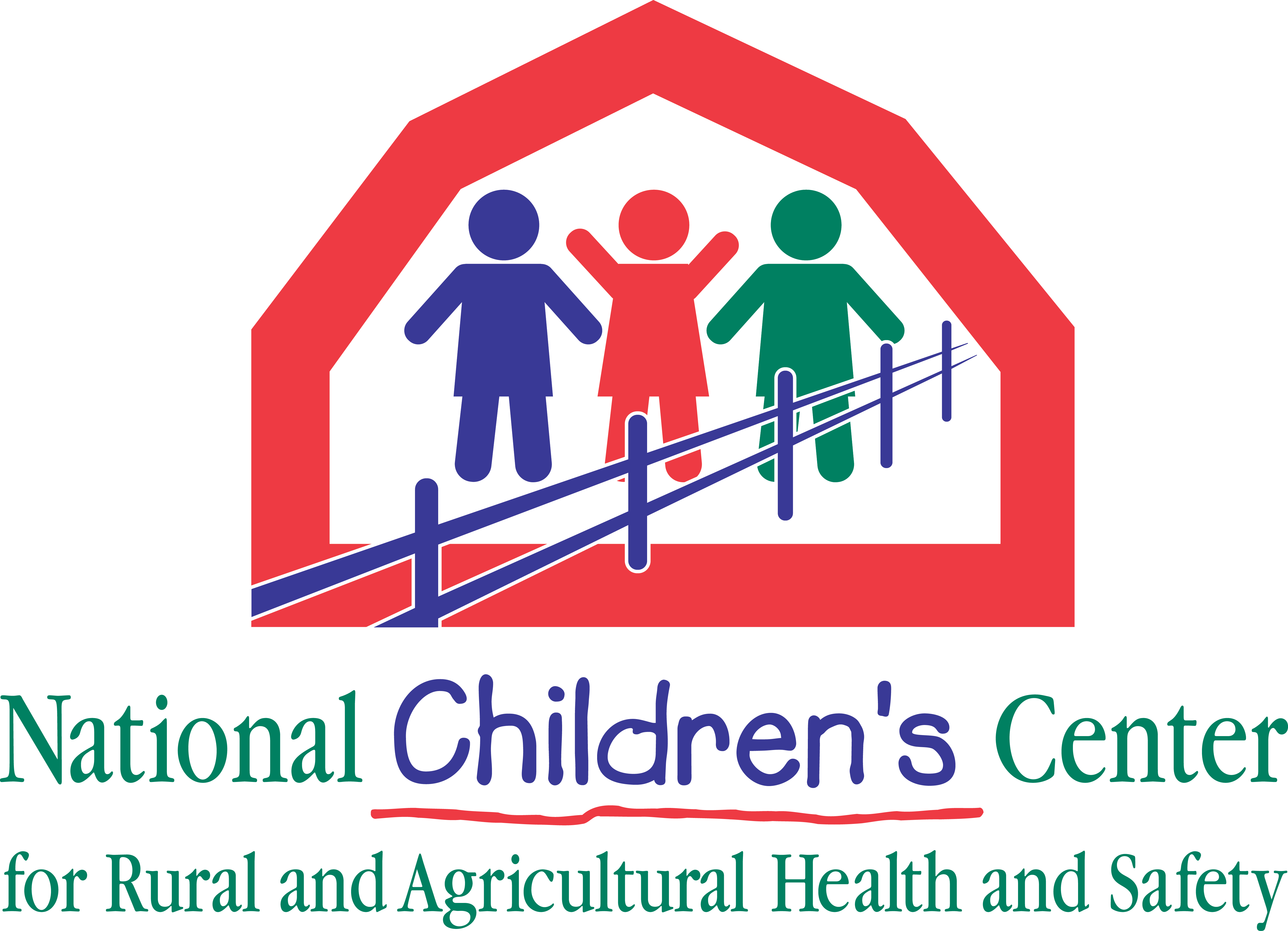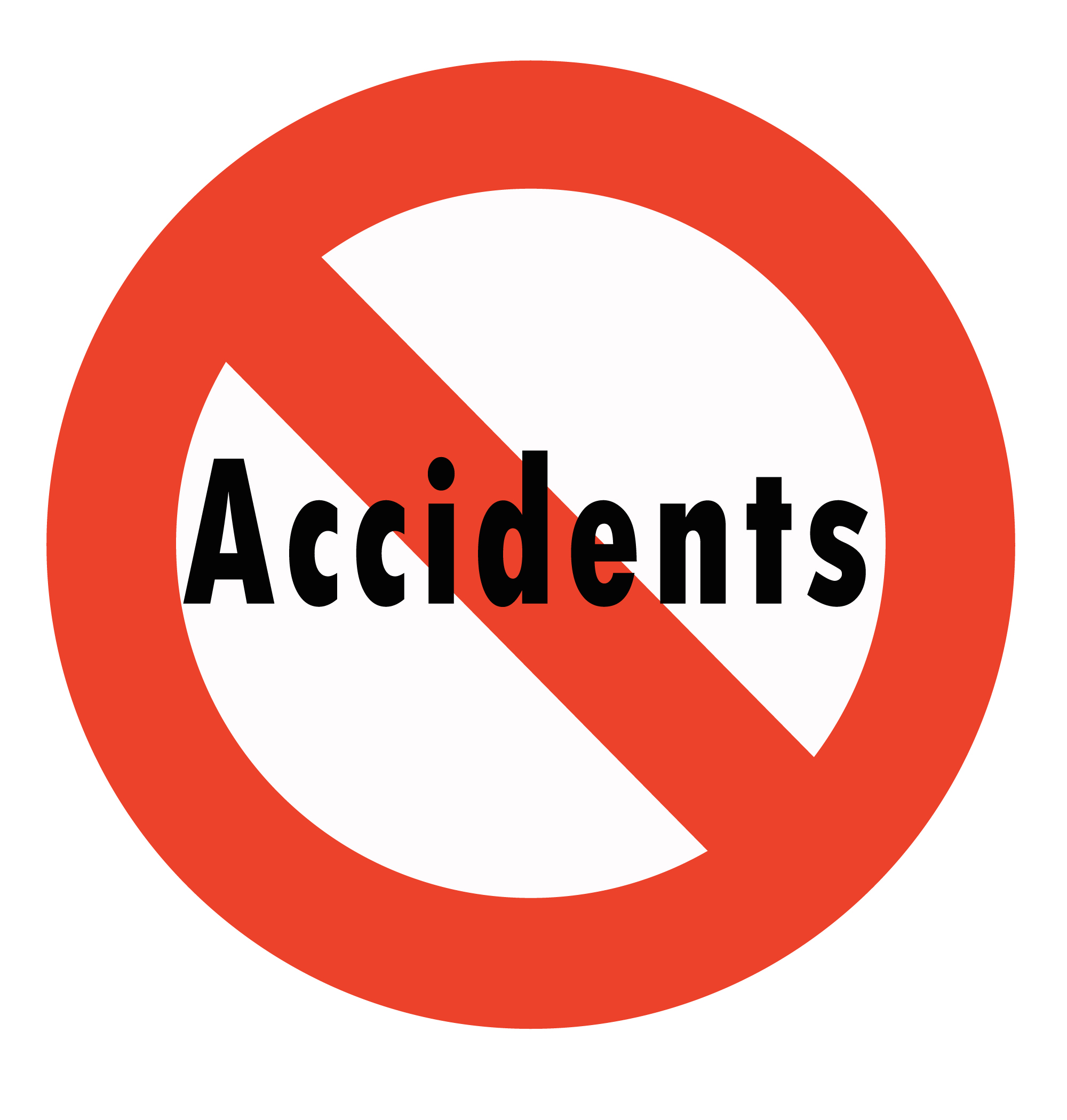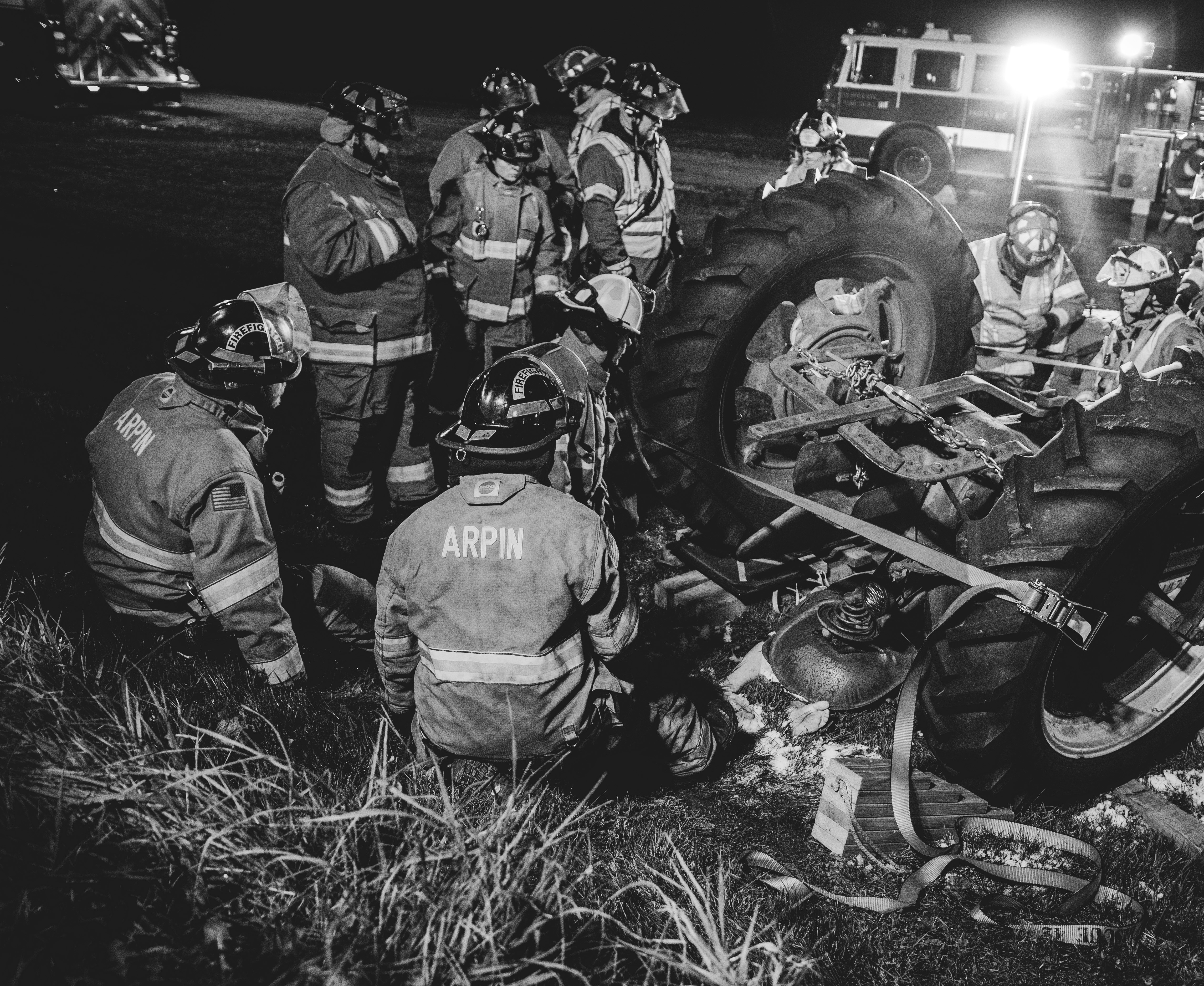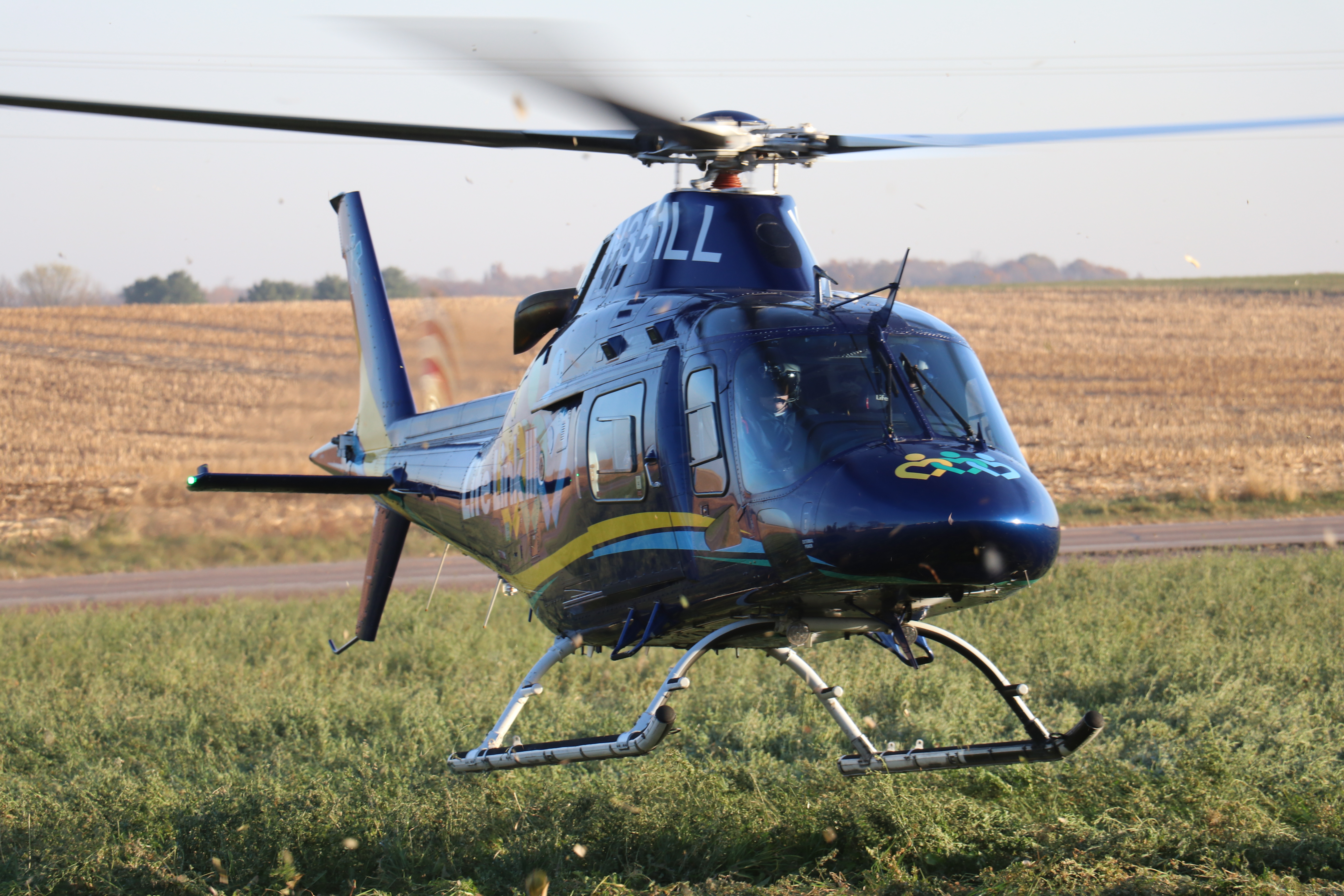
FOR IMMEDIATE RELEASE
March 18, 2024
CONTACT: Scott Heiberger
heiberger.scott@marshfieldresearch.org
715-207-1604
CONTACT: Melissa Ploeckelman
Ploeckelman.melissa@marshfieldresearch.org
715-240-0900
Child injuries on farms are not ‘accidents’
Long-time researcher challenges traditional notions of incident reporting
Headlines such as, “Toddler killed in tractor accident,” or, “Boy dies in farm accident,” grab our attention and sympathy, but they also prevent us from addressing the root causes of those tragedies, says a childhood agricultural injury prevention researcher.
“An ‘accident’ suggests that the situation could not have been anticipated or prevented,” said Barbara Lee, Ph.D., director of the National Children’s Center for Rural and Agricultural Health and Safety, part of the National Farm Medicine Center, Marshfield Clinic Research Institute, Marshfield, Wis.
“We know better. It’s time to get serious and use the appropriate terminology.”
Instead of “accident,” Lee suggests the term “incident,” or a word describing what happened, such as “crash,” “explosion,” or “fall.”
“Using ‘accident’ avoids a serious investigation of the event, and it hampers efforts to alter unsafe environments or conditions in which children are present,” wrote Lee in an open-access commentary recently published in the peer-reviewed Journal of Agromedicine. “Child Farm Injuries are Never ‘Accidents,’” a commentary by Barbara Lee, is available at https://doi.org/10.1080/1059924X.2024.2311050
Although an adverse event might seem unique, injury data will likely reveal many similar events.
For nearly four decades, Lee has focused on safeguarding children who work, visit and live on U.S. farms. The incidence of serious injuries and deaths to children on farms is declining, she writes, yet, “We have not kept pace with the world outside of agriculture that has adopted appropriate terminology and descriptions of injury events.
“I feel very frustrated every time the news describes a childhood farm injury incident as an ‘accident,” or worse yet, ‘a freak accident.’”
In 2023, Lee and colleagues at the National Farm Medicine Center documented the frequency of the word “accident” using their Agricultural Injury News database of publicly available news reports. Analysis of 719 public news reports involving youth ages 0-17 over a seven-year period (2016-2022) revealed that the word “accident” was present in 38% of the headlines, and/or present in 63% of the narrative descriptions of the event. A similar analysis of adult news reports revealed less use of the word “accident,” leading to speculation that reporters and editors might choose to use “accident” in child cases hoping to minimize the pain, shame or remorse that parents might feel after losing a child.
Lee notes that nearly 30 years ago, the auto safety field stopped using the word “accident” and now refers to events as crashes, collisions or overturns. The former Motor Vehicle Accident (MVA) is termed a Motor Vehicle Crash (MVC). This terminology shift helped influence an increased emphasis on improving auto and roadway safety and the same strategy is being adopted in many industries. Child farm safety advocates firmly believe avoiding the term “accident” could influence adults to replace unsafe traditions with proactive measures that safeguard innocent children and working youth from the wide range of hazards encountered in agricultural settings.
“From an injury prevention perspective, child farm injuries and deaths are never ‘accidents,’” Lee said.
Additional information is provided in the Media Guidelines developed by the National Children’s Center and Childhood Agricultural Safety Network. The guidelines provide recommendations for reporting news events, including appropriate terminology, photos of safe practices and prevention messages.
###
Helicopter Landing in Agricultural Field (.jpg)
Display in Latest News: Yes



